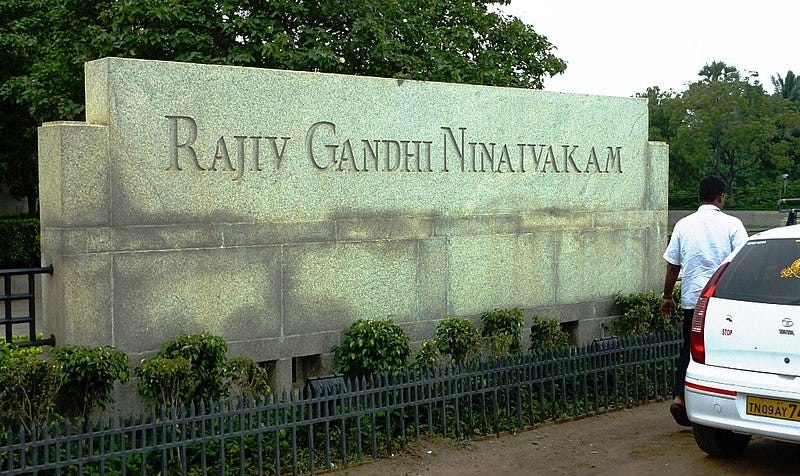Release of Rajiv Gandhi’s Killers Triggers Public Uproar
Congress stalwarts furious although Rajiv’s widow had sought their release on humanitarian grounds
By: Neeta Lal
The premature release of the killers of the late Indian PM Rajiv Gandhi, 46, who was assassinated in 1991 by the Sri Lankan armed separatist Liberation Tigers of Tamil Eelam at an election rally in southern Tamil Nadu, has triggered national outrage.
The slaying, in revenge for the deployment of the Indian Army in Sri Lanka to fight the LTTE…
Keep reading with a 7-day free trial
Subscribe to Asia Sentinel to keep reading this post and get 7 days of free access to the full post archives.

